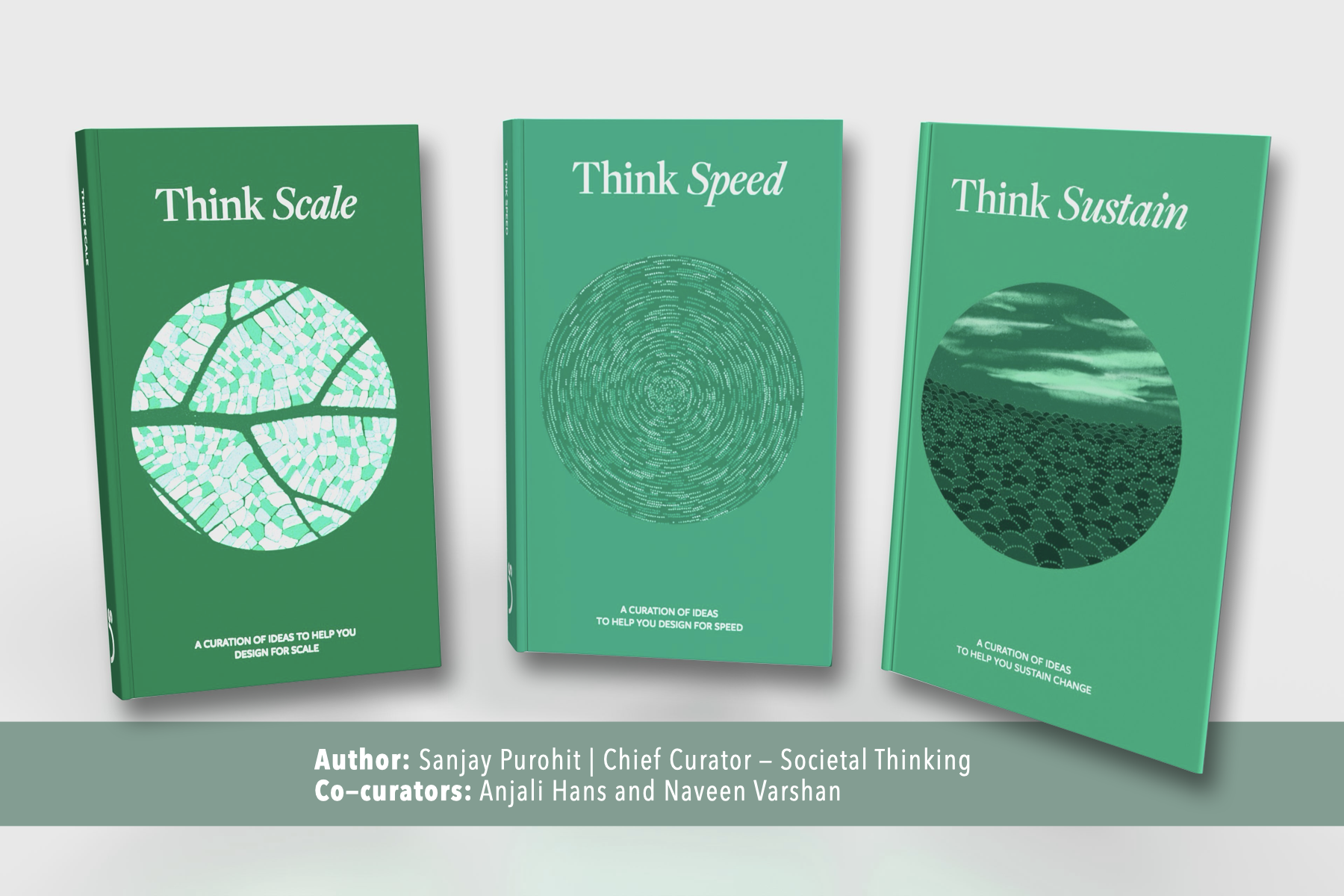I recently finished watching Ted Lasso, a popular and widely loved show on Apple+ TV, about a successful college football coach in the US who moves to the UK for a head coaching job for a struggling English Premier League soccer team. In one memorable episode, Ted – the show’s protagonist – realises that his traditional coaching methods aren’t resonating with his diverse football team. Instead of sticking to a rigid playbook, he needs to tailor his approach to each player’s unique strengths and backgrounds. For example, Ted recognises that Dani Rojas thrives on positivity and enthusiasm, while Roy Kent needs a more direct and tough-love approach. By embracing this strategy, Ted fosters a cohesive team where each member can excel in their way.
I’ll return to why I’m telling you about Ted Lasso in a little bit (no spoilers, I promise). For now, let’s think about why it’s so important to keep in mind the different needs and strengths of every player, and why involving them as participants instead of just giving them instructions from the side of the field is what makes all the difference. I’ve been at Societal Thinking for nearly a year now. In all the work I’ve done on Climate, I’ve realised it’s these two factors that make or break a solution.
Just as Ted Lasso learns to adapt his coaching methods to suit the unique strengths of each player, at Kuza, the approach to empowering agripreneurs is also individualised. Kuza is a social enterprise based in Nairobi, Kenya, dedicated to transforming agriculture in rural communities by providing smallholder farmers with training, tools and resources to adopt local sustainable and regenerative agricultural practices.
Kuza faces the challenge of diverse agricultural landscapes and the varying needs of farmers across different regions. They support this diversity not by having a uniform solution, but rather by a unified, adaptable framework that can be modified to various contexts. This approach allows Kuza to solve at scale, effectively by maintaining core principles of sustainable and regenerative agriculture while adapting specific practices to fit local conditions. By embracing diversity within a unified framework, Kuza ensures that each community can thrive, ultimately driving exponential change across varied agricultural settings.
What is Unified not uniform
Unified not uniform is more than a design principle; it’s a worldview. It encourages us to look at solutions not through a single lens but from multiple perspectives. This principle challenges the conventional approach where a single entity, often a government or a large organisation, drives the design, governance, and implementation of solutions. Instead, it promotes collaboration and innovation across different sectors, including civil society, private enterprises and governmental bodies.
Just as Ted adapts his coaching style to fit the needs of each player, we need to move from replicating the same solutions to a unified not uniform design philosophy. This approach requires a shift towards valuing and leveraging diversity as an asset rather than viewing it as an obstacle to standardisation.
An excellent analogy to understand unified not uniform is comparing a farm to a forest. A farm represents uniformity, where each plant is cultivated in a controlled manner. In contrast, a forest is a natural ecosystem where diverse species coexist, each playing a unique role. The farm works well in small, controlled environments producing one kind of food. But, the forest thrives on its diversity and interconnectedness, much like the Societal Thinking way of solving. This diversity and interconnectedness make the system resilient, adaptable, and capable of evolving over time
By providing a common framework, Beckn allows for different ecosystem actors – service providers, consumers, and developers – to connect and interact while maintaining their unique offerings and specialities. Beckn’s Unified Energy Interface (UEI) exemplifies the Unified not uniform approach by connecting diverse energy service providers within a shared, interoperable framework. UEI allows various participants like EV charging stations, renewable energy providers, and smart grid technologies to integrate seamlessly into a cohesive energy ecosystem while preserving their unique offerings, allowing each provider to contribute their specialised strengths and solutions. For instance, an EV charging network can optimise charging times based on renewable energy availability, enhancing consumer experience. This diversity fosters collaborative innovation, where each new participant adds value, ensuring solutions are adaptable, scalable, and resilient. By leveraging the unique strengths of each contributor, Beckn enables accelerating the adoption of sustainable energy practices.
All social problems are complex and diverse. Addressing them at scale isn’t about replicating what works in one context to another because the contexts vary greatly. Whether it’s the heartfelt journey of Ted Lasso, the impactful work of ONEST or taking on an open network approach to reshaping inclusivity, the takeaway is: that a unified not uniform” approach is key to enabling diversity at scale. This Societal Thinking approach celebrates diversity, turning it into a powerful asset rather than a challenge. It encourages us to see beyond one-size-fits-all solutions and recognise the unique contributions each participant can bring.
 Back
Back


